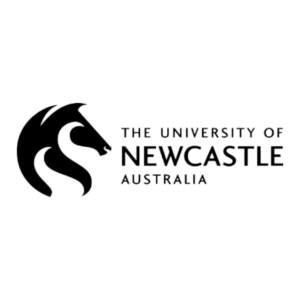Doctors with a difference? Social science insights on widening participation in medicine: Australian, Canadian and UK perspectives

- This event has passed.

Medical schools have historically been prestigious and exclusive institutions, filled with students who come from much wealthier families than average. Elaborate and competitive selection processes and the costs involved in applying to medicine are barriers to students from low-income backgrounds, as well as the perception that medicine is out of reach. For over two decades, widening participation initiatives have focused on encouraging underrepresented groups to apply to medical school, including low-income and ‘first-in-family’ students whose parents are not university-educated, based on the assumption that a more diverse medical profession will lead to better care and health outcomes for patients. The success of these initiatives has largely been measured by statistics showing increased application and admission rates of low-income/first-in-family students. Much less attention has been paid to the experience of these students once they enter medical school, and even less is known about their experiences, aspirations and trajectories as doctors. Are there residual forms of inequity that persist within medical schools, and beyond? How do low-income/first-in-family students see themselves relating to the medical profession and to patients?
This webinar presents findings from three countries on the experiences of medical students and doctors who are the first in their family to attend university and largely come from low-income backgrounds. Looking beyond the statistics, it considers how the success of widening participation can be better understood, and the implications of increasing participation for patients, the profession and humanistic medical practice.
Caragh Brosnan (University of Newcastle, Australia) will discuss a qualitative study of first-in-family medical students’ experiences in Australia and present initial findings from a ten-year follow-up with the same participants, now doctors. Jia Liu (King’s College London) will compare and contrast findings from a similar study with first-in-family medical students in the UK. Sarah Wright (University of Toronto) will report on findings from a Canadian study that also included comparative perspectives from medical students whose parents were doctors. Parker Magin (Royal Australian College of General Practitioners), as discussant, will consider how findings from these sociological studies can inform medical education and specialist training.

